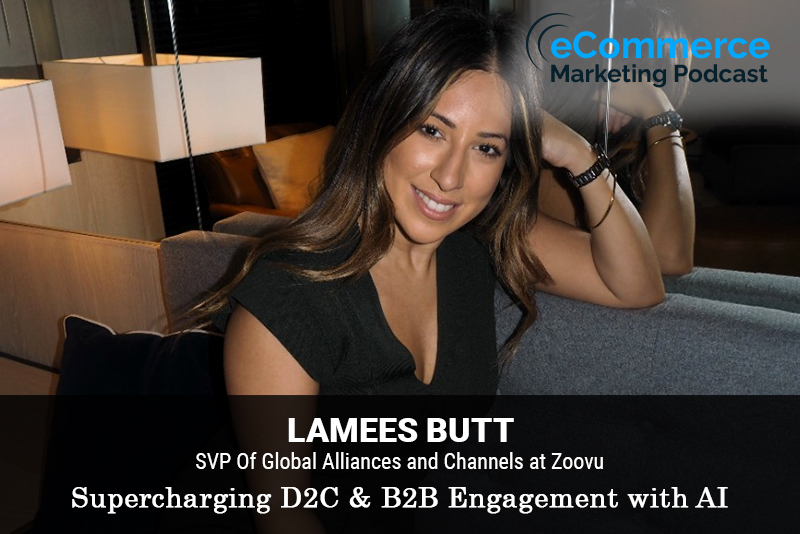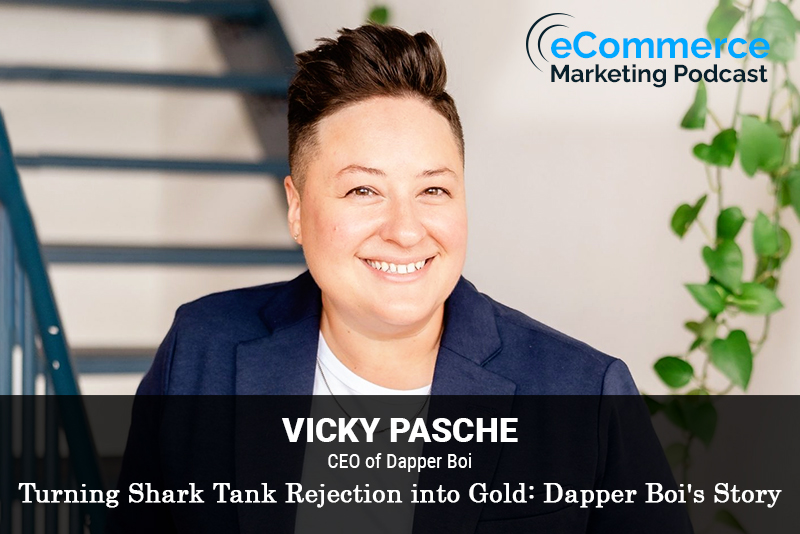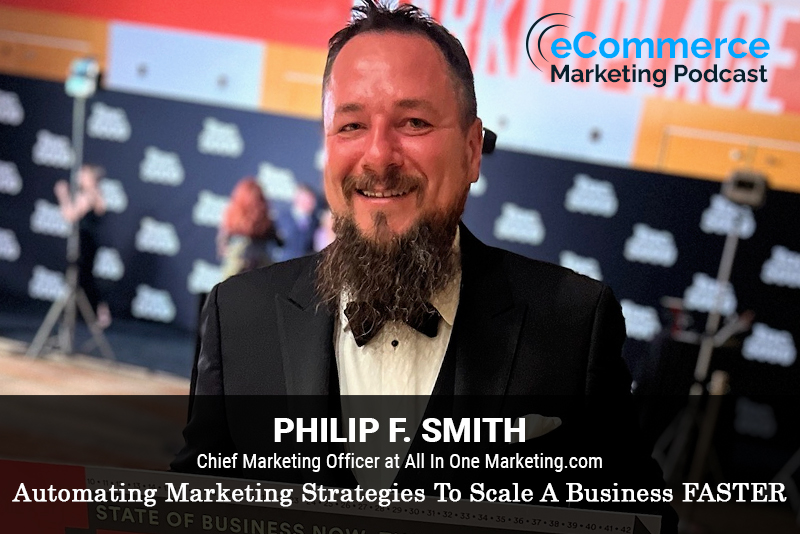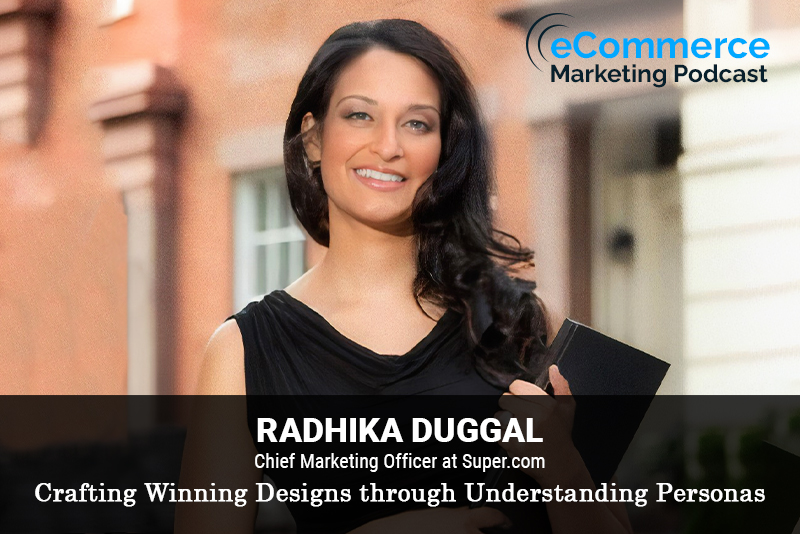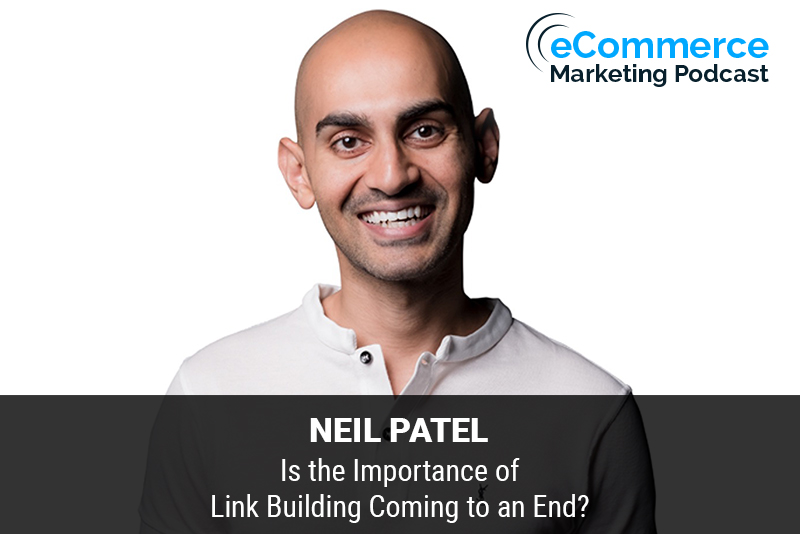
The eCommerce Marketing Podcast walks you through everything that goes into ecommerce marketing — from inbound marketing to paid advertising to conversions. Learn the strategies top marketing experts use to grow their businesses.
Lamees Butt is the SVP Of Global Alliances and Channels at Zoovu where she spearheads strategic technology partnerships and relationships. She has over 10 years of experience in shepherding digital transformation efforts and forging partnerships at companies like Mercedes-Benz UK, Salesforce, and Zoovu.
In this episode, you will learn
How is AI changing the ecommerce marketing landscape, particularly for D2C and B2B companies
What specific AI tools or technologies are essential for modern ecommerce marketing
How AI can help ecommerce businesses provide a more personalized experience for their customers
How will AI in ecommerce evolve in the near future and what emerging trends should ecommerce brands be aware of
How can businesses strike a balance between automated, AI-driven interactions and maintaining a human touch in customer engagement
How Zoovu’s clients have creatively used AI to drive engagement and increase their conversion rates
For show transcript and past guests, please visit https://www.ecommercemarketingpodcast.com
Or on YouTube at:
https://www.youtube.com/channel/UC3PgT0NOGzpdPGQtBK0XLIQ
Follow Arlen:
Twitter: https://twitter.com/askarlen
Facebook: https://www.facebook.com/arlen.robinson.7
Instagram: https://www.instagram.com/arlenyohance/
LinkedIn: https://www.linkedin.com/in/arlenrobinson/
Past guests on the ecommerce marketing podcast include Neil Patel, Nemo Chu, Luke Lintz, Luke Carthy, Amber Armstrong, Kris Ruby and many more.
Thanks for listening. Be sure to subscribe and leave a review.

Title: Driving Customer Engagement with AI: Insights from Lamees Butt
Guest: Lamees Butt, SVP Of Global Alliances and Channels at Zoovu
Host: Arlen Robinson
In this episode of the Ecommerce Marketing Podcast, host Arlen Robinson talks with Lamees Butt, the SVP of Global Alliances and Channels at Zoovu. Lamees shares her extensive experience in digital transformation and how AI is revolutionizing customer engagement for D2C and B2B companies.
Key Takeaways:
- [2:05] Lamees’s Background:
- Lamees started her career by founding a fashtech company in college, which led her to roles at Mercedes-Benz UK and Zoovu.
- [6:30] The Impact of the Pandemic:
- Lamees discusses how the pandemic accelerated digital transformation and significantly boosted growth for Zoovu.
- [8:50] How AI is Changing E-commerce Marketing:
- AI helps e-commerce businesses deeply understand customer needs and improve the online shopping experience by simulating in-store interactions.
- [13:10] Essential AI Tools for E-commerce:
- Tools that simulate customer experiences online, such as AI-driven discovery platforms, are crucial for modern e-commerce businesses.
- [18:20] Personalizing Customer Experience with AI:
- AI can gather customer preferences and continuously learn to make accurate product recommendations, enhancing customer satisfaction and retention.
- [24:45] Future Trends in AI and E-commerce:
- Emerging trends include the integration of AI in social shopping and maintaining the importance of a brand’s website amidst these trends.
- [29:30] Creative Use of AI in Customer Engagement:
- Example of Bosch Power Tools using AI-driven guided selling to improve customer experience and increase cart sizes and conversions.
- Example of Draeger using AI to simplify the purchase process for complex medical equipment, enhancing customer engagement and sales.
Guest Info:
- Lamees Butt
- SVP Of Global Alliances and Channels at Zoovu
- LinkedIn: Lamees Butt
- Instagram: Blood, Sweat and Tech
- Company Website: Zoovu

